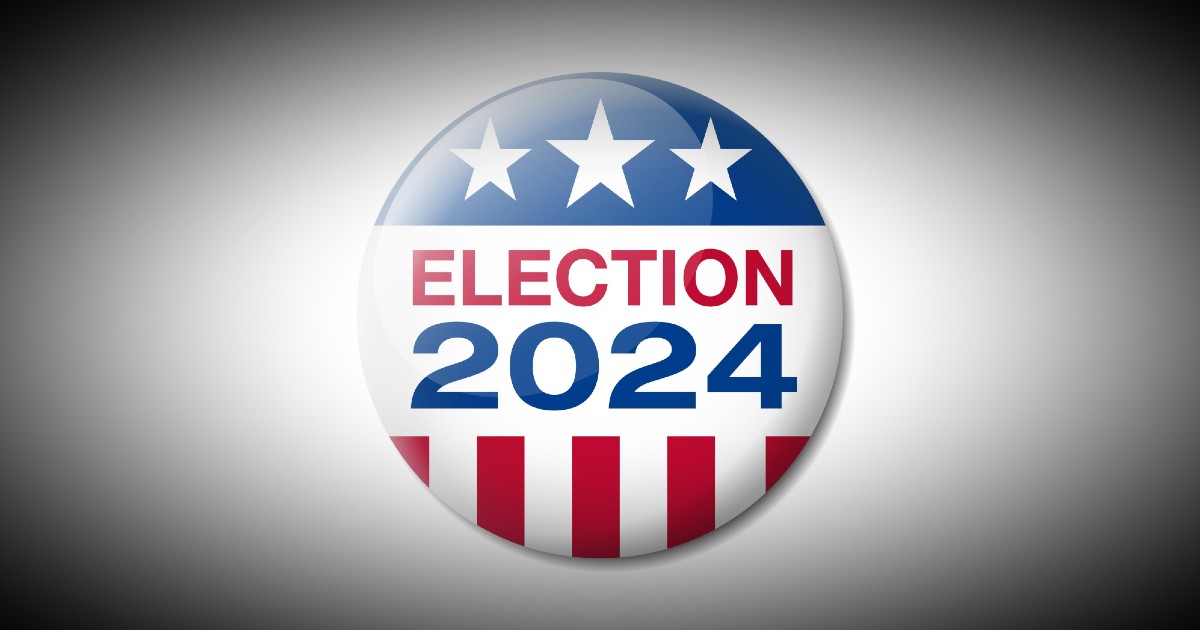By Jamie Miller
Whether you are challenging an incumbent in primary or a general election, running a political campaign can truly enhance or destroy three areas of your life – personal, political, and professional.
In the past, people who have campaigns got divorced, lost their businesses, and/or were politically ostracized because of how they ran their campaigns.
Most of the time, potential candidates who want to primary an incumbent are well-meaning, passionate, and would become good public servants, but their motivation is often based on a single issue, a particular vote made by the incumbent, or a situation that is unlikely to occur again.
Political strategists will tell you that to be successful, several things must be in your favor, not the incumbent’s.
First, the incumbent must be vulnerable. There are three ways an incumbent can make themselves vulnerable for reelection:
1. They have become disconnected from voters. This could be due to a new district being drawn, not conducting constituent work in the district, or losing touch with major initiatives within their party.
2. They either cannot or are unwilling to raise and spend the money needed to run a successful campaign.
3. Normally, an issue or a series of issues has caused major dissatisfaction within the party.
The issues listed above have little to do with the challenger or their campaign. If an incumbent has been able to be successful in those three areas, they are very hard to beat in a primary.
But, if those conditions exist, the challenger must have the ability to carve out enough votes to challenge and beat the incumbent.
To do that, a challenger must:
1. Start with a political, geographical, or ideological base the challenger does not share with the incumbent.
2. Have the ability to raise or loan money to the campaign.
3. Start with or have the money to effectively gain positive name recognition.
Running challenger campaigns isn’t easy because they don’t happen in a vacuum. If you are planning to raise money to “buy” name ID, your opponent (the incumbent) will also be trying to define your public image so that it is not favorable to primary voters.
There are often unintended consequences that are unforeseen from a primary challenge that is unsuccessful.
One consequence is that if the challenger loses the primary and “softens” the incumbent, the incumbent then loses to the opposing party in the general election. This scenario could end the challenger’s political future. It could also put the challenger in a position to run in the future against the other party’s incumbent, but usually, the animosity within the party is too great to overcome. This is a tough political needle to thread.
Another consequence is that donors and grassroots supporters may not support future political endeavors because they don’t want to “throw good money after bad” or waste their time on a future losing endeavor.
Some consultants will neither encourage nor discourage those who are considering a primary challenge, but to determine their likelihood of success, one has to have a goal for winning and losing in this scenario.




















